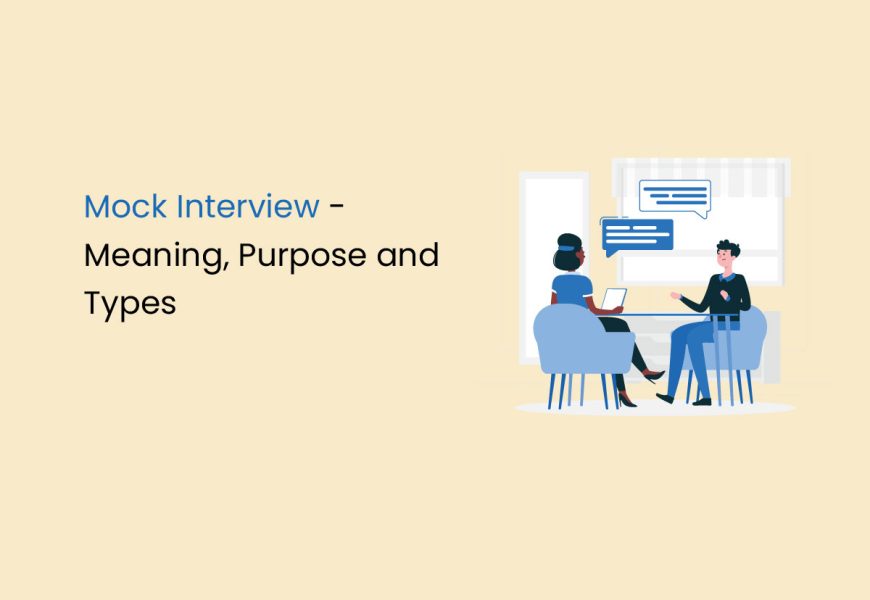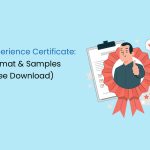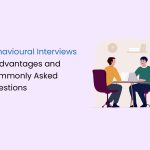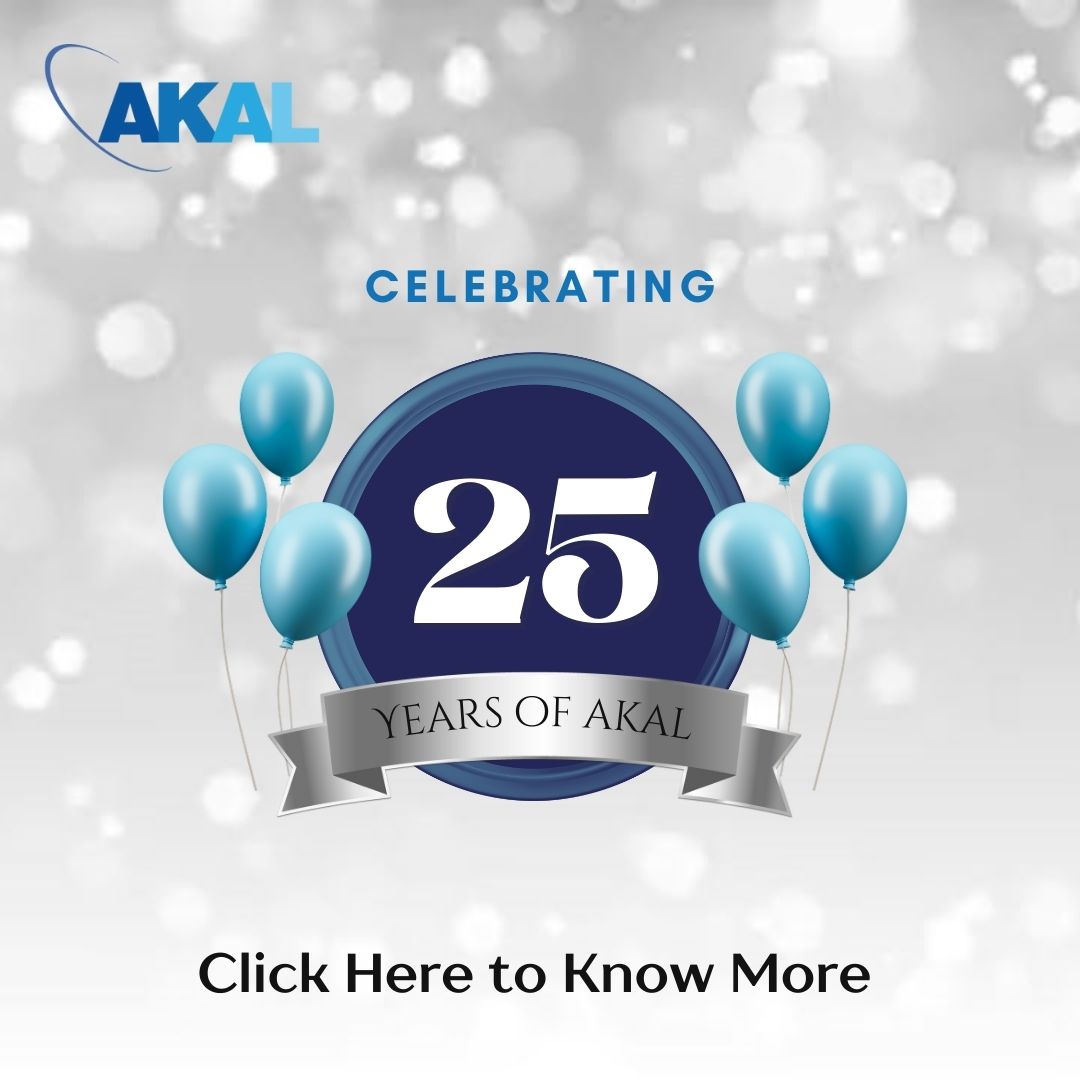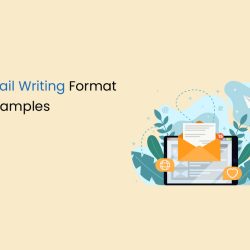Facing a potential employer in an interview can be daunting. However, performing well in the interview is crucial for getting hired. Therefore, it is essential to prepare as much as possible. As the saying goes, ‘Practice makes perfect.’ Conducting a mock interview can help you feel more confident and prepared for the actual interview.
Let’s learn more about Mock Interview – their definition, purpose, types and some preparation tips.
What is a Mock Interview?
Mock interviews are practice interviews that simulate actual job interviews. They help people practice interviewing in a controlled environment before a real one. They replicate the pressure, questions, and dynamics of a genuine interview, allowing individuals to practice and refine their responses.
Purpose of a Mock Interview
The purpose of mock interviews is as follows:
- Skill Assessment: During interviews, candidates can demonstrate their skills, communication, and problem-solving abilities, which give valuable insights into their performance.
- Feedback and Improvement: The constructive feedback from interviewers helps candidates identify areas for improvement, which can then guide targeted preparation for future interviews.
- Reducing Anxiety: A practice run can help alleviate any anxiety related to the interview process. Familiarity with common interview questions and dynamics can help candidates feel more confident with the interview process.
- Behavioural Preparation: Candidates can better articulate their experiences and achievements by practising responses to commonly asked behavioural questions.
- Technical Proficiency: Mock interviews help candidates refine their technical proficiency by tackling challenges, technical questions, and case studies.
- Time Management: Mock interviews help candidates manage time effectively, encouraging clear and concise expression by simulating real-time constraints.
Types of Mock Interview
Mock interviews are generally of the following types:
- Mock Telephone Interviews: These simulations help candidates practice phone interviews, improving communication skills and articulation. The interview focuses on conveying professionalism and answering questions with limited non-verbal communication.
- Mock Offline or Face-to-Face Interviews: This type of interview setting allows candidates to practice their body language, eye contact, and presentation skills as they would in a face-to-face interview.
- Online Mock Interview (Video Call): Online mock interviews allow candidates to practice presenting themselves effectively through video calls, simulating remote job interviews conducted over video conference platforms.
- Mock Online Video Conference Interview (Multiple Interviewers): These are simulation interviews with multiple interviewers to help candidates prepare for panel-style interviews conducted through video conferencing platforms.
- Mock Technical Interviews (Whiteboard or IDE): This type of mock interview focuses on technical skills and knowledge, such as technology, architecture, algorithms, and more. Technical interviews can be conducted in different formats, including whiteboard and Integrated Development Environment (IDE).
- Mock Skill Assessment or On-Site Interviews: These assessments simulate on-site interviews and may include technical evaluations, presentations, or skills demonstrations to prepare candidates for in-person evaluation.
Common Mock Interview Questions & Answers
Thanks for the interview opportunity. I have a marketing background with five years of experience and a bachelor’s in business administration. I have worked with startups and Fortune 500. Using my digital marketing skills to drive growth as the company expands into new markets excites me. Outside work, I love hiking and appreciate the company’s support for National Park Service volunteering.
I adapt and learn quickly, making me invaluable when introducing new technologies or processes. However, my attention to detail can sometimes cause me to spend too much time on tasks, so I’m working on balancing quality with efficiency.
I am a suitable candidate for this role based on my experience working remotely and passion for [type of company] work. Over the past four years, I have worked in a similar role at [Previous Company], where I managed teams, led projects, and achieved a 20% increase in client retention. I have also equipped myself with knowledge of tools and platforms that facilitate effective remote collaboration and communication.
I admire [Company’s Name]’s innovation and forward-thinking approach to [specific industry or service]. Your recent initiative on [specific project or achievement] impressed me, showcasing the direction the industry is heading. I’ve heard positive feedback about your culture and emphasis on growth. Joining a team at the forefront of the industry that values collaboration and learning is what I’m looking for.
I led a project in a new domain without seeking much input at my previous job. As the deadline approached, I realised that I had underestimated its complexity. I asked my team for help, and we completed the project successfully, albeit slightly later than planned. This experience taught me the importance of collaboration and seeking feedback when navigating unfamiliar territory.
More Mock Interview Questions
Some common questions asked in a mock interview are as follows:
General Questions
- Please tell me about yourself.
- What made you interested in this company/role?
- Describe your most significant professional accomplishment.
Behavioural Questions:
- Can you share an experience where you successfully resolved a conflict in the workplace?
- Describe a time when you had to adapt to a significant change. Explain how you handled the situation.
- Share a story about a hard decision you had to make at work.
- Can you describe a situation where you had to meet a challenging goal or deadline?
Situational Questions
- If your team members resist implementing a new process, how would you handle it?
- What steps would you take if a customer expresses dissatisfaction with your product or service?
- Imagine having to present to the company’s board of directors. How would you prepare?
Benefits of Mock Interview
Mock interviews have the following benefits:
- Mock interviews can help candidates reduce anxiety and stress. These interviews simulate the actual interview experience without any negative consequences. Candidates can practice their answers, get feedback, and redo or retake the interviews.
- Mock interviews can increase candidates’ confidence by helping them perform well in practice sessions. As a result, they can maintain their composure during actual interviews.
- Acquiring constructive feedback through practice interviews is critical for students, freshers, or working professionals to identify mistakes and weaknesses, allowing them to clarify questions, responses, and problems.
- It is helpful for behaviour-based interviews that focus on analysing a student’s personality, especially when candidates are unfamiliar with the questions asked during actual interviews.
Objectives of a Mock Interview
The objectives of mock interviews are as follows:
- Teach candidates to identify their weaknesses and guide them towards improvement.
- Help candidates assess their communication skills and address any gaps if present.
- Emulate tough interview questions and simulate stressful situations with time constraints to prepare candidates for the interview.
- Ensure candidates are well-prepared for the interview by conducting mock interviews.
- Assist candidates in better understanding the domain, industry or job role and provide them with insights into the type of questions they may face.
- Teach candidates the techniques that are essential for cracking the interview.
- Help candidates develop personalised interview strategies to improve their chances of success.
- Create a practice environment to help candidates build confidence and remain calm during the interview.
What to do in a Mock Interview?
Mock interviews simulate real-world scenarios for candidates by testing their professional preparation, communication skills, and ability to answer common interview questions.
Not all job interviews follow the same format or stages. It’s crucial to consider the job you’re applying for and the steps you will likely go through if there are multiple stages. Practice all of them to increase your chances of success. Excelling in one stage won’t matter if you struggle later.
Practice communication skills like body language and clear speech to ace a mock interview. Prepare for common questions, too.
How to Prepare for a Mock Interview
You can prepare for a mock interview by:
- Prepare yourself by researching details about the company, such as its history, mission statement, and values. This will help you become more familiar with the organisation and its values.
- Research the job’s responsibilities, requirements, tasks, qualifications, and experience to determine if it aligns with your goals and capabilities.
- Study the job description in detail to understand what the employer is looking for in a candidate.
- Research common questions and prepare your answers in advance.
- Ask for the help of a friend, family member, or mentor to practice with.
- Ensure your appearance is tidy in professional attire, as you would for an interview.
- Ask for feedback on your answers and body language.
- Note the input received and reflect on your performance to identify areas that need improvement.
The Next Step
After a mock interview, the following steps help make the most of the experience and improve your interview skills:
- Conduct Follow-Up Activities: After a mock interview, review your performance, identify areas for improvement, set goals for future interviews, and test your written communication skills with a follow-up email.
- Coordinate Opportunities for Reflection: Reflecting on your mock interview is essential. Discuss your performance with a counsellor or mentor to gain different perspectives and identify areas for improvement.
- Assess the Effectiveness: Assess the mock interview’s effectiveness by evaluating its simulation of an interview environment and feedback quality. Identify strengths and weaknesses to improve future experiences.
- Document the Experience: Take the time to document your mock interview experience in a journal or portfolio. This could include critical learnings, challenges faced, and strategies employed. By documenting your experiences, you can track your growth and refer to them when preparing for future interviews.
Conclusion
Mock interviews are essential to your professional development as they help you face actual interviews confidently and competently. By taking on the challenges presented in mock interviews, you can better prepare yourself for a successful and fulfilling career. So, get ready, practice with intention, and step into your future with confidence and preparedness.
Frequently Asked Questions
Which mock interview is best?
Mock interviews, tailor-made for the job or industry, offer diverse scenarios, feedback, and realistic conditions for adequate preparation.
Why is it called a ‘mock’ interview?
A mock interview is a simulated practice of an actual interview without any job stakes. Its purpose is to improve interview performance.
How do I prepare for a mock interview?
You can prepare for a mock interview by:
- Choosing the right mock interviewer.
- Choosing a professional setting.
- Being punctual.
- Bringing the necessary items.
- Dressing in professional attire.
- Preparing the answers to common interview questions.
How do you answer a mock interview?
You should explain how your background, knowledge, and interests match up with the job requirements. When highlighting your skills, focus on traits or accomplishments that align with the position.
How do you introduce yourself in a mock interview?
Begin by greeting and introducing yourself, then briefly describe your current job title or area of expertise. Emphasise your relevant skills and experience that match the job requirements, and mention any noteworthy accomplishments or certifications.
How long is a mock interview?
Mock interviews are practise for actual interviews. The first 20-30 minutes simulate an interview; the rest provides feedback. They can be in-person or virtual.

